
By Fabio L. Leite
The ideas of the Brazilian philosopher Olavo de Carvalho provide important tools not only to analyze, but to criticize and resist the destructive current cultural currents of our time. Many of these currents spring from the ideologies that oppressed our brothers and sisters in Europe.
THE THREE INVERSIONS
Three “inversions” characterize the revolutionary mentality (Nazism, Communism, feminism, homosexualism et.al.) writes philosopher Olavo de Carvalho regardless of their putative values or whether they use peaceful or violent means.
They are:
- Inversion of Perception of Time
The utopic future is fixed, everything before it is fluid. The past can be reinterpreted as many times as necessary to justify the progress toward that fixed future. The present can be shaped at will to bring that future. Because the past and present are seen as naturally fluid, there is no sense in the concept of reality itself resisting the coming of this inevitable progress. Any resistance can only come from other ignorant or evil wills who oppose this natural fluidity.
- Inversion of Morality
Because the fixed future is the sum of all good, anything done to achieve it is equally good; the “tribunal of history” would absolve all “crimes” committed by the revolutionary who helped bring about that future, after all, in hindsight, when that future arrives, those actions will not be seen as crimes at all. The revolutionary is thus rendered incapable of feeling guilty for whatever lie, deceit, theft, or even murder he/she commits. They are all virtuous acts, because in his heart they bring about the sum of all good.
- Inversion of Subject-Object
Because that future is fixed and somehow inevitable, any person who is killed in individual murders, terrorist acts or even genocides, is not the victim, but the culprit. They were opposing the inevitable coming of the fixed future that is the sum of all good. They put themselves in front of the unstoppable train of history.They are not only victims, they are *guilty* of opposing the revolution.
Actually, the revolutionaries who killed them, see themselves as the real victims, who were forced to do something they wouldn’t because of the stubbornness of those killed in not accepting, or not even adapting, to the revolutionary supremely good future. He did not kill them. He was just a tool of history. They used him to commit suicide by throwing themselves against the wave of history. They maculated him, for had they not being evil and opposed him while he was bring the perfectly good future, he would never have had blood in his hands.
THE REVOLUTIONARY MENTALITY IS IDOLATRY OF THE FUTURE
The revolutionary mentality is not simply a political movement. Indeed, it has adopted politically contradictory positions several times, and even at the same time. See Liberals who are pro-feminism and the homosexual agenda in the West and at the same time are supportive of Islamic regimes where women and gay rights are crimes punishable by death.
It is not an accidental contradiction that they don’t notice. It is a calculated ambiguity, for both positions help to destroy the enemy (the West or the US) and that destruction advances the coming of the progressive future they envision. So both actions will be taken at the same time, not out of ignorance, but of astute planning.
It is not about coherence, it is not about morality, right or wrong. It is a sick idolatry of the future, in which all actions are moral for the simple reason they are “progress” toward that future. It is, as the name say, a mentality, a mentality that can adopt religious or anti-religious discourses, Anti-Christian or Christian agendas, right or left issues, nationalist or internationalist approaches.
We can spot it when we find the three inversions in the perceptions and attitudes of a person or movement. It’s never about the topics that might be in discussion but in how they are dealt with. In Olavo’s words, it’s “a spiritual and psychological problem, but it’s most visible manifestation and its main tool is political action.”
Actually, revolutionaries could even bring many to their numbers by putting forward an issue and allowing their enemies to fight it and even win over it, as long as they fight with a revolutionary mentality as well.
THE REVOLUTIONARY MENTALITY IS A GLOBAL CULTURAL MOVEMENT
The revolutionary mentality is more than simply a kind of framework with which we can understand current issues. It is a cultural movement that can be traced back to its origins with historical documents. Actually, it is the *only* global cultural movement that exists with continuity and historical self-awareness in the last 500 years, along and over a number of countries, many times pretending to be a local group in each. It started forming around the 15th century and the French Revolution is its first major expression, starting the era of totalitarianisms, world wars and constant genocides.
Revolutionaries refer to each other, sometimes disagreeing, sometimes seeking perfect continuity, or creative ways of applying what they consider to be universal principles to the circumstances of their time. This means that it is a spiritual and cultural movement that is aware of its own history, not a cabal of enlightened, not a conspiracy, neither an up-down movement with elite leaders, nor a bottom-up endeavor.
Like once the Germanic tribes were forming an entirely new civilization we would call the West while the Greek-Romans of the East Roman Empire still thought of them as mere barbarians, the revolutionary mentality is a new existential way of being in the world and of how understanding this same world. Its pillars, and the common thread in all forms of revolutionary actions, are the three inversions explained by Olavo de Carvalho.
In the 200 years since the revolutionary mentality acquired political expression, it killed more than all the previous wars, epidemics, natural catastrophes in history put together. These genocides committed by those imbued with revolutionary mentality include not only wars but even the persecution of their own innocent populations in peaceful times – those who “resisted” the coming of the glorious future.
Indeed, every failure of that impossible future coming to existence is attributed to some kind of personal resistance or betrayal, never to the fact that reality cannot be molded and the glorious future is but an illusion.
THE REVOLUTIONARY MENTALITY JUDGES ALL HISTORY
Olavo further defines the revolutionary mentality thus:
[I]t is a state of spirit, permanent or transitory, in which an individual or group believes to be able to reshape the whole of society, sometimes even human nature itself, by means of political action. This individual or group also believes that as an agent or carrier of a better future, he/it is above any judgment made by present or past humanity. They only respond to the “tribunal of history.”
That tribunal, though, is by definition the very future society that the individual or group claims to represent in the present; and as this future society can only provide witness or judgment in the present through this very person or group, he/it becomes its only sovereign judge over his/its own acts.
Not only that, he/it becomes the judge of all humanity, in the present, in the past and in the future. Thus abled to accuse and condemn all laws, institutions, beliefs, values, costumes, actions and works of all ages, and above the judgment of them all, the person or group sees him/itself so above historical humanity that is accurate to call him Super-Man.
A significant work of literary fiction to depict that mentality is “The Time Machine” by H.G. Wells. By traveling to the future, it claims it is as fixed as space. H.G. Wells, a socialist to whom social-democrats were not radical enough, believed a World State was inevitable and desirable and promulgated it in his book “The Open Conspiracy: Blue Prints for a World Revolution.”
Olavo compares three evils to better illustrate his concept. Nazism and Communism are revolutionary movements, but the Ku Klux Klan is not. Both Nazism and the KKK believe in the superiority of a race, which is a disgusting idea in itself. But, at least currently, KKK believers do not want to mold all reality and society to put their twisted idea forward. They would be satisfied to eradicate all black people from their area.
Nazists and Communists, on the contrary, not only want to eliminate a certain groups of people from a certain area. That would be an evil, but limited. They really think that the very existence of these people and their roles in society is a “bug” in reality, and they seek to correct reality itself. They envision a fixed future, to which they work to progress, and where every means is moral for the simple reason of helping this progress, and everyone who does not support it, or who is simply not changed by it, is an enemy, found guilty and worth of death.
THE REVOLUTIONARY MENTALITY JUDGES ALL HUMANITY BASED ON A HYPOTHETICAL FUTURE
Olavo provides the following further description of the revolutionary movement:
[W]hat typifies the revolutionary movement without any confusion is that it gives all authority of judgment over all humanity, present and past, to a hypothetical future. The revolution is, for its own nature, totalitarian and universally expansive: there is no aspect of human life that it does not wish to submit to its own power, no region of the globe it does not seek to touch with the tentacles of its influence.
That is why the American Independence is not considered a revolutionary movement by Olavo. It was a conservative war of independence, to solve a limited, local problem, that of an authoritarian king. It did not purport to know any fixed universal future, it did not invert morality, it did not invert subjects and objects of moral actions, it did not have a solution for the world: it wanted a United States of America, not a United Nations of the Globe.
THE REVOLUTIONARY MENTALITY VS. “THE CULTURE WARS”
It is of uttermost importance that we understand these three inversions of the revolutionary mentality, so we can spot it wherever it appears, independently of the issues being talked about, even when they are issues we ourselves care about.
These are powerful tools to write analysis of all the cultural and political “mess” we see around us today. It can explain politicians obsessed with “change”; the “cultural wars”; and why traditional values from different countries seem to not cope with the wave of revolutionary thought that invades them.
It can explain how a country that was fiercely atheist and leftist yesterday can have leaders trying to play the role of pious conservatives; the rise of the left to the main presidencies of Latin America; why a communist super-power has become the reference for growing capitalism; and why even conservative churches participate in world councils that seek the utopic future of a union among all churches, “saving” the whole religious scenario of the world from itself.
The “issue” is never the issue. The issue is always the revolution. And the revolution is, despite all issues, the concentration of power, the union of forces, through the spread of the revolutionary mentality and its three inversions.
HOW TO FIGHT THE REVOLUTIONARY MENTALITY
To fight this cultural monstrosity, we must also not put the “issues” first, even if they are being pro-life, pro-Christianity, “pro-love”, “pro-truth”. We have to fight the very substance of the revolutionary mentality, because it can advance even with pro-Life and pro-Christian ideas. Either being pro or against gay parades and unions, if the political action advances a whole planning for the whole of society, it is the revolutionary mentality in action.
We must radically abstain from working for, or even wishing, any kind of fixed future, any kind of whole planning for the whole of society. We must abstain from considering we can revise the past to justify this image of the future.
We must, at the cost of our very souls, avoid measuring the goodness of our actions according to their impact in “changing” the world toward a “better place”, and never judge people and ourselves as “pro” or “con” utopic ideals. Actually, we should not judge others even regarding their final salvation, much less concerning if they are “helpful”, “conscious” or not in relation to any social good.
We must reestablish that the past is fixed and unchangeable, that the future is like an amorphous foam of possibilities wherein our own choices are but few among the infinite elements of circumstantial tensions that will influence it. We can be saved from our sinful past, but not really change it.
We must always remember that our choices in the present have much more impact in our stand in Eternity than in our own future.
Therefore do not worry about tomorrow, for tomorrow will worry about itself. Each day has enough trouble of its own (Matthew 6:34).
Read Olavo’s original article “A Mentalidade Revolucionária”
Fabio L. Leite lives in Brazil and is a reader of the AOI Blog
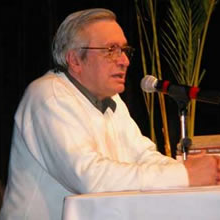
Olavo de Carvalho
Olavo de Carvalho currently lives in Virgina.


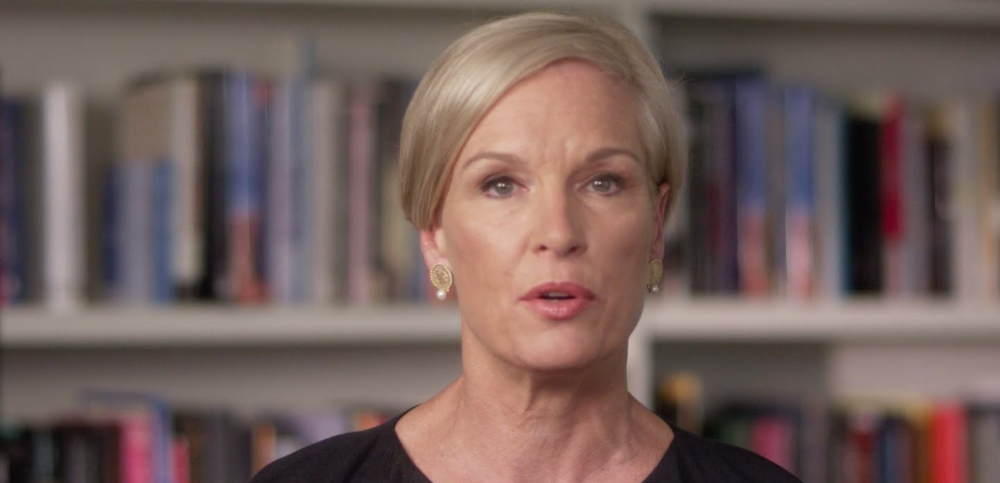
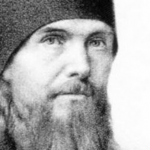
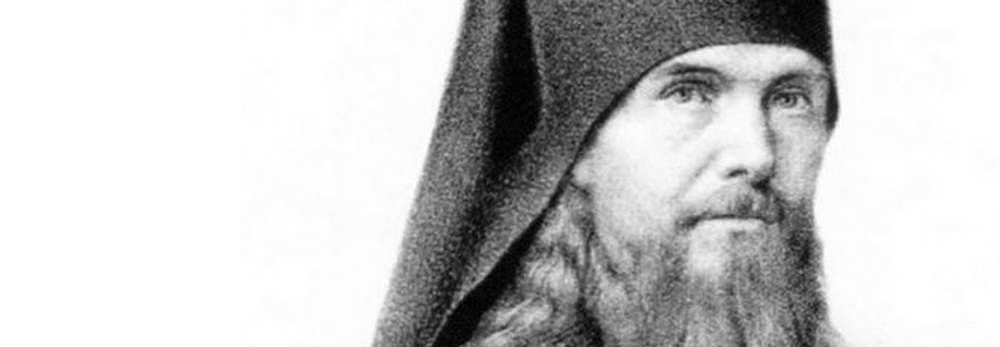

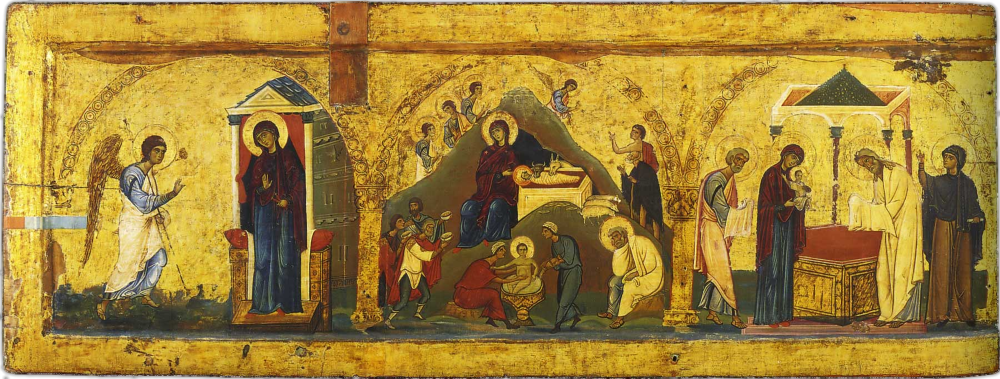
 For Orthodox Christians Christmas is a problem. Western culture celebrates the Holy Days (what is left of them anyway) with parties leading up to that day. Orthodoxy sees the days leading up to the Holy Day as a period of ascetic struggle — an inward reorientation towards greater prayer, fasting, and caring for the poor.
For Orthodox Christians Christmas is a problem. Western culture celebrates the Holy Days (what is left of them anyway) with parties leading up to that day. Orthodoxy sees the days leading up to the Holy Day as a period of ascetic struggle — an inward reorientation towards greater prayer, fasting, and caring for the poor. 

